#ProductPlanning
2023 Alfa Romeo Tonale: Delayed But Drawing Nearer
Delayed by the semiconductor deficit, the 2023 Alfa Romeo Tonale is here and nearly ready for production.
It’s gone through some subtle changes since its 2019 debut at the Geneva Motor Show. But the Tonale, which I recently learned isn’t Italian for toenail, has remained true to the concept. The traditional Alfa grille has been retained while the razor-thin headlights have been widened slightly to make the signature LED elements more visible. But it’s otherwise indistinguishable from the concept without popping the hood or examining the non-fungible token (NFT) that comes with the car.
Porsche Becoming Volume Brand
While it may not be on the cusp of supplanting Toyota in terms of sales, the Porsche brand has enjoyed relatively consistent growth since 2009. Despite 2020 representing a poor sales year for just about everyone who wasn’t producing vaccines, the German manufacturer weathered the storm better than most and came back to break a few records the following year.
By the end of 2021, Porsche had sold nearly 302,000 vehicles globally. It also managed to break its previous sales records in China and the United States. Considering that global production volumes have remained suppressed by supply chain problems, it was an impressive accomplishment. However, Detlev von Platen, Executive Board Member Sales & Marketing at Porsche AG, believes the automaker can still outdo itself in 2022.
Rolls-Royce Vows to Become Electric Only by 2030
With the upper classes enjoying one of the largest wealth gaps in modern history, Rolls-Royce had a phenomenal sales year in 2021. Volume surpassed every other annum in its 117-year history, which might encourage one to assume that the business would be interested in maintaining the status quo. But that’s not to be the case, with CEO Torsten Müller-Ötvös having confirmed that Rolls-Royce is fully committed to abandoning internal combustion.
The automaker has said that its first series-production electric vehicle will arrive in 2023. However, it would like to have every gasoline-driven model in its lineup replaced by EVs by 2030 and the relevant strategies are already being put into action. From here onward, Rolls-Royce won’t be introducing any new combustion-reliant models.
Tesla Cybertruck Delayed Until At Least 2023
During last week’s earnings call, Tesla CEO Elon Musk confirmed that the Cybertruck would be delayed until at least 2023. That places the polygonal pickup two years behind its original schedule. But who among us with knowledge of the automaker’s production history actually thought it would be delivered on time?
Delaying products has become a hallmark of the Tesla brand and Musk doesn’t seem to be sweating it. Rather than focusing on launching a new vehicle for 2022, the business wants to prioritize increasing capacity and finalizing its move from California to Texas. Now based in Austin, Tesla made $5.5 billion last year compared with the previous record year of $3.47 billion in net income posted in 2020. Musk said the shift into routine profitability is proof that EVs are viable, adding that the company could have done even better if factory output hadn’t been so constrained last year. Unfortunately, those hurdles haven’t dissipated for 2022, encouraging the automaker to wait on both the Tesla Cybertruck and Roadster.
Volkswagen Passat Passes Away
The final Volkswagen Passat has rolled off the assembly line in Chattanooga, Tennessee, ending the model’s extended run on the North American market.
Designed by Giorgetto Giugiaro and introduced in 1973 using the VW/Audi B1 platform, the Passat arrived in the United States as the Dasher and was sold as a midsized luxury vehicle to people in the market for an imported economy car. The model carried different names in other parts of the world and even saw a few unique monikers used in the U.S. (e.g. Quantum) to help differentiate between the hatchback, sedan, and wagon variants sold throughout the 1980s. But it was officially known as the (B2) Passat by 1990, regardless of format.
General Motors Says Heavy Duty Electric Pickups Are Coming
General Motors has made another proclamation at CES 2022, this time providing a timeline for electric variants of its heavy-duty pickups. HD EVs are scheduled for 2035, which just happens to be the same time it has promised to have phased out gasoline engines. Presumably, that means the hardest working of GM’s work vehicles will also be the very last models to go all-electric.
“As previously announced, our plan is to have all new light-duty vehicles be electric by 2035,” GM CEO Mary Barra said during her keynote address. “And today, I’m pleased to announce that we’ll introduce all-electric heavy-duty vehicles on that same timetable.”
Toyota Promises Solid-State Batteries By 2025
While electrification has felt like the only thing automakers are willing to talk about anymore, CES 2022 provided yet another opportunity to see which companies are willing to make the biggest promises when pitted against each other. This encouraged plenty of manufacturers to issue reminders of their existing EV timetables, though we’d be lying if we expected any company to adhere to them all that closely.
Then there’s Toyota. Despite being the largest automaker on the planet by volume, the Japanese company is famous for hedging its bets and not being all that secretive about it. When other manufacturers were vowing swift electrification at all costs, Toyota said they would need to continue producing hybrids if they were to realistically serve the public. But the business is still developing battery tech, with a vested interest in selling it off to rival manufacturers who are more willing to run with BEVs exclusively. It’s also been developing solid-state batteries, which it has confirmed are on track for delivery by 2025.
Chevrolet Announces $30,000 Electric Equinox at CES 2022
General Motors CEO Mary Barra made a slew of product announcements during CES 2022, with the biggest being an update on the Silverado EV. However, Chevrolet will need to fill out its ranks if it’s to become a totally electrified brand as planned, resulting in the confirmation of electric variants of the Equinox and Blazer.
With modestly sized crossovers and SUVs still gaining ground in North America, Barra believes it makes good sense to electrify a couple in the assumption that the segment will have a larger pool of customers to draw from. But there’s precious little detail about either model, minus GM’s promise to launch both models by 2023 and sell the Equinox EV for around $30,000.
Chrysler Going Electric By 2028, Airflow EV Introduced
Stellantis has announced plans to shift the Chrysler brand to an all-electric lineup by 2028, presumably because it doesn’t know what else to do with it anymore. Though, considering the make’s long and storied history, the change almost seems fitting.
When the French bought up Fiat Chrysler Automobiles from the Italians in 2021, the namesake brand had already been losing steam under the Germans. But they were adopting the company after years of mismanagement from Americans, who had taken the marque from being arguably the most luxurious and technologically advanced the United States had to one that had to be saved from bankruptcy by government intervention on more than one occasion. Suffice it to say, Chrysler has enjoyed some of the sweetest highs and pathetic lows imaginable. But it always seems to rise from the ashes thanks to some innovative decision that ultimately helps redefine the industry — which is why Stellantis is leading its own EV offensive by reviving the Airflow name.
Report: Toyota to Rollout New Operating Software By 2025
Toyota is allegedly on the cusp of launching a comprehensive driving software that incorporates everything from temperature control to autonomous driving. The Arene operating system (OS) will be proprietary to the automaker and assume duties that exceed multimedia management systems like Mercedes’ MBUX. Toyota’s software is supposed to be all-inclusive, much like the operating system found in Tesla products, and set itself up for hands-free motoring.
However, it would be a lie to claim that really matters, since automakers cannot help but promise that any new line of code is another step closer to driverless vehicles and chock full of artificial-intelligence goodness. For example, Volkswagen’s new software stalled the launch of multiple vehicles and resulted in an unresponsive, buttonless interface that has continued causing problems on its latest products. But VW will be the first ones to tell you it’s the only pathway toward widespread electrification, vehicular connectivity, self-driving, and commercial enlightenment.
Toyota Announces EV Strategy, Readies $70 Billion for the Cause
On Tuesday, Toyota Motor Corp. announced a commitment of 8 trillion yen ($70 billion USD) toward the goal of achieving carbon neutrality someday. Though the concept of any multinational manufacturing entity totally nullifying their carbon footprint seems kind of laughable, so we’ll be referencing this as another electrification strategy — which is still a big deal considering how EV averse Toyota has been thus far.
Despite being an environmental trendsetter with the Prius Hybrid, Toyota has been hesitant to formally commit itself to transition its lineup toward being reliant on battery power. However, President Akio Toyoda has just proudly confirmed that the Japanese automaker would be earmarking the funds for exactly that purpose, noting that the brand (along with Lexus) would be spending the money through 2030 to make sure its global sales of battery electric vehicles (BEVs) reach 3.5 million vehicles annually. Though the most enjoyable aspect of the release was the direct manner it was presented, with Toyoda-san being impressively honest about modern automotive trends.
Opinion: 'Nissan Ambition 2030' Was an Hour of Wishful Thinking
Nissan Motor Co. has confirmed plans to invest 2 trillion yen ($17.65 billion USD) over the next five years to accelerate its electric vehicle development program. Like most major manufacturers, the automaker wants to launch a bevy of electrified products over the next decade and derive a relevant portion of its income from EVs.
As explained by CEO Makoto Uchida on Monday as part of the “Nissan Ambition 2030,” the plan is to launch 23 new vehicles with some amount of electrification while it attempts to implement solid-state batteries into three concept vehicles that supposedly foreshadow future lineups. These include the battery-electric “Surf-Out” lifestyle pickup, “Max-Out” sports convertible, “Chill-Out” regular car, and “Hang-Out” adventure crossover. Though all three appear to be little more than drafts of vehicles Nissan would eventually like to build, boasting technologies that we’re not sure are feasible. For example, the Hang-Out is featured with a polygonal purple awning that oozes impossibly out of the vehicle’s roof. It lacks realism, which ended up being a central theme of the Nissan Ambition 2030 presentation that was broadcast on Monday.
Toyota, Stellantis Announce North American Battery Plants
Automakers Toyota and Stellantis separately announced plans to construct lithium-ion battery plants in North America on Monday. With regulatory pressures mounting, the industry has been shifting its eggs between baskets to avoid trouble. But the ultimate goal for most brands is to transition toward selling EVs, requiring meaningful action and financial expenditures on the part of manufacturers.
We’ve already seen General Motors and Ford Motor Co. squabbling over who will nestle the biggest battery facilities between America’s Frost and Sun Belts. It’s only fitting that the remnants of the Chrysler Corporation contained in Stellantis walk the path of electrification, especially now that it’s absolutely riddled with European influence. Meanwhile, Toyota is predictably exercising a bit of caution as it similarly navigates how to modernize itself via upcoming lithium-ion plants.
Returning Acura Integra Will Be Five-Door Liftback
If you were hoping the returning Acura Integra would be the peppy, three-door liftback everyone coveted 20 years ago, we may have some bad news for you. Based on the latest teasers coming from the Honda Motor Company, the fifth-generation model will likely harken back to the five-door vehicles that rarely saw themselves equipped with aftermarket body kits or cold-air intakes and barely received any screen time in the Fast & Furious films.
Rather than focus on the cars of the 1990s ( arguably the high-water mark for the Integra), Honda has decided to base the new model on the first-generation and even included a photo of the 1986 Acura Integra RS 5-Door in the latest marketing materials to drive the point home.
Volkswagen Group: Audi Employs Ken Block, Porsche Making 718 Electric
Despite being the target of a German lawsuit accusing the manufacturer of not being green enough, Volkswagen Group is probably the legacy automaker touting the merits of electrification with the most enthusiasm. While undoubtedly influenced by the diesel emissions catastrophe that cheesed off every regulator in the Western world, its brand has actively been delivering EVs and praising alternative energy automobiles whenever possible.
There was more of that this week. Porsche has reportedly decided to make the 718 to be an all-electric model by 2025 and Audi recently announced that it’s employing rally icon and Hoonigan founder Ken Block (who broke with the Ford Motor Co. earlier this year) to develop EVs.




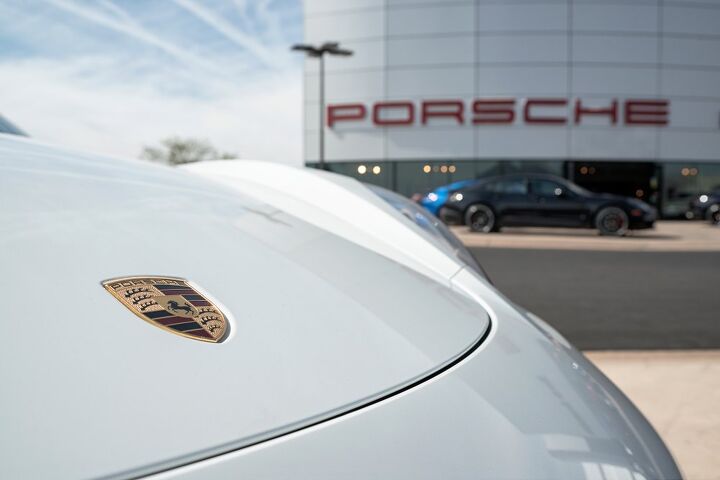
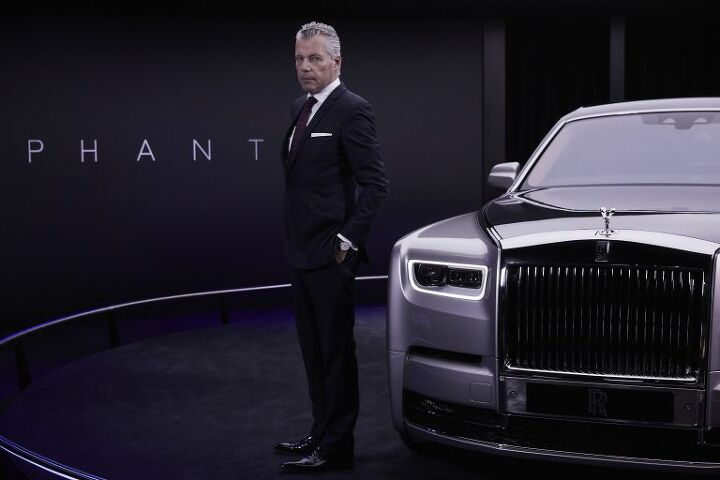
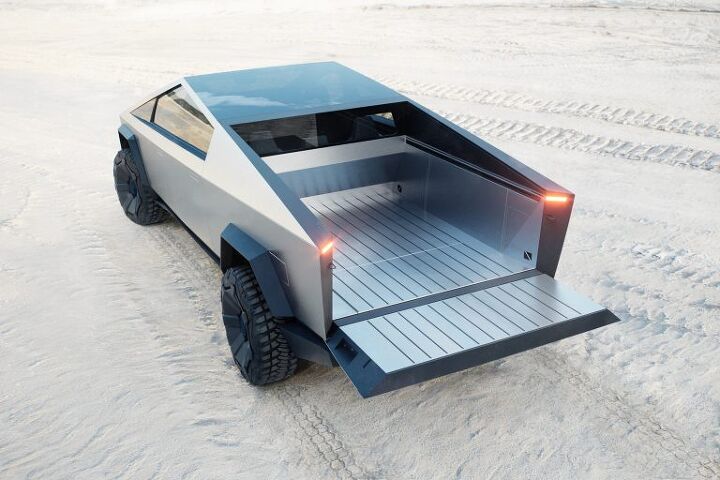
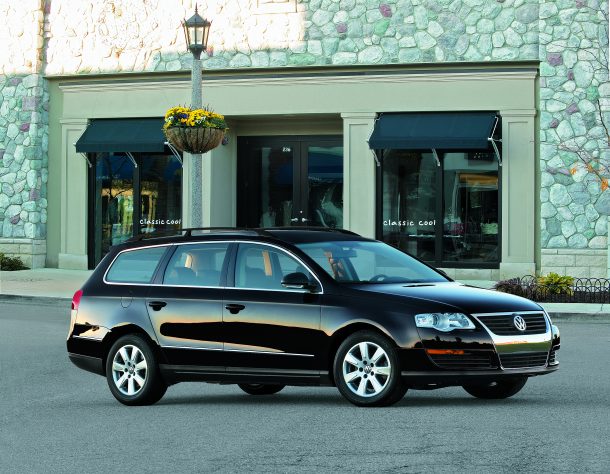
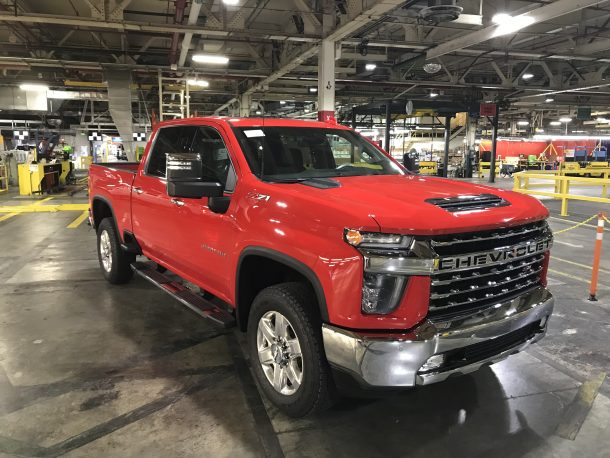
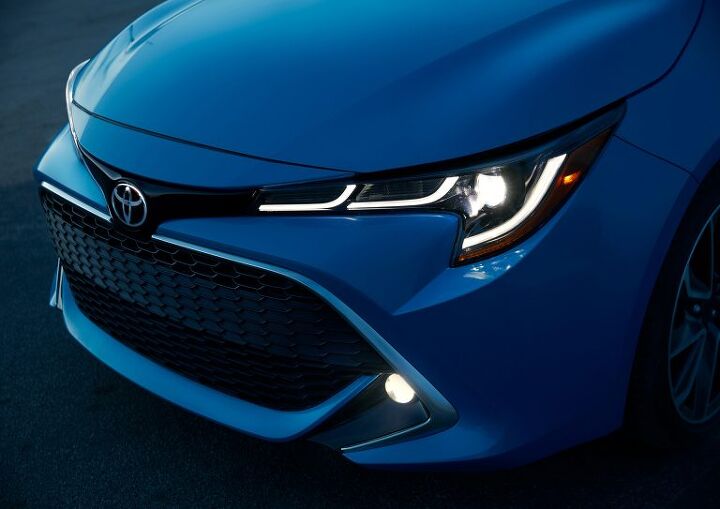
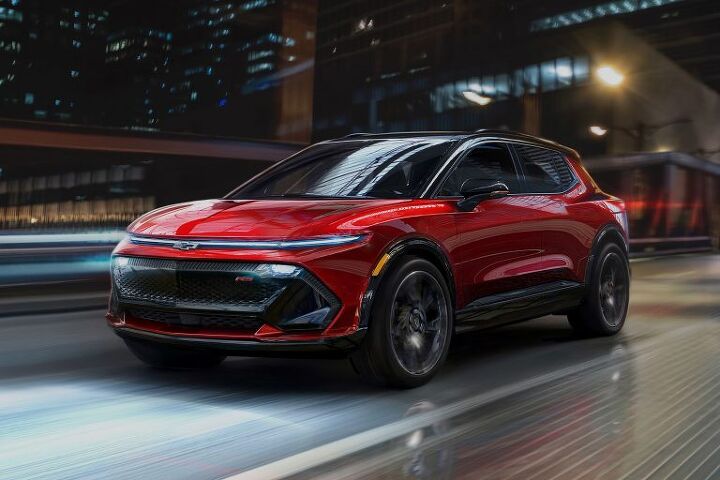


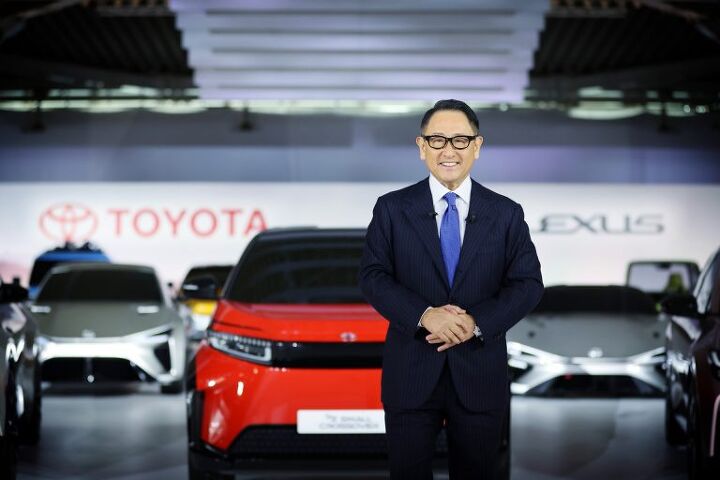
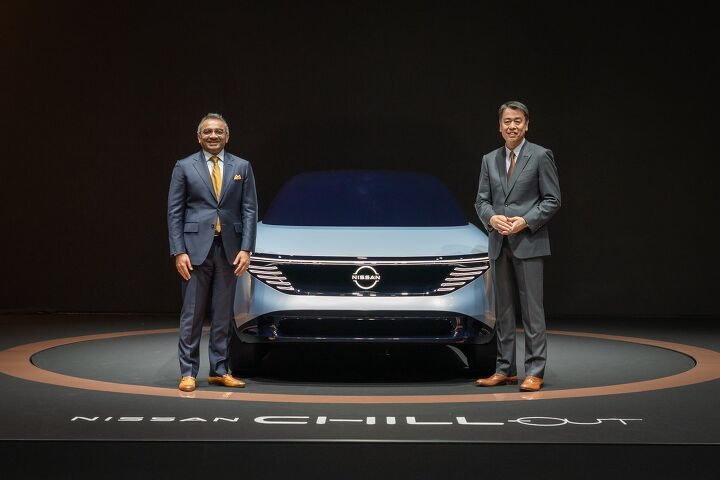
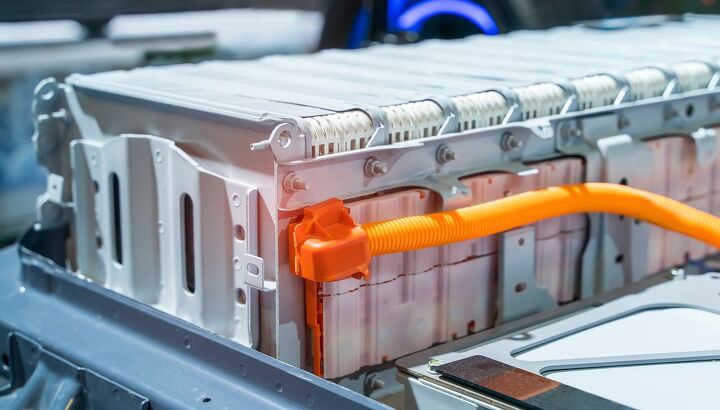

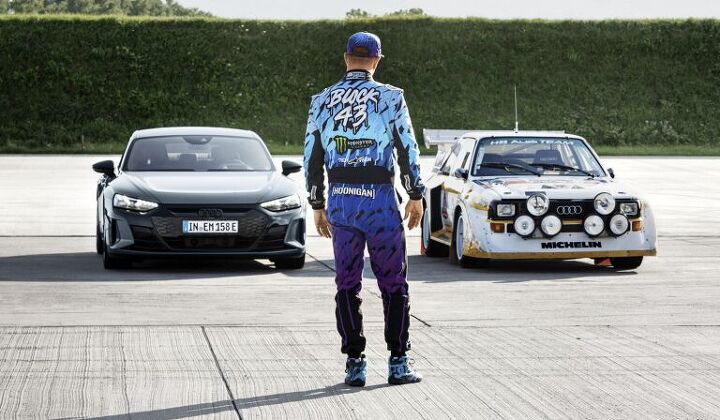












Recent Comments